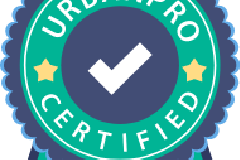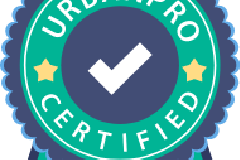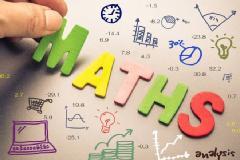This class will cover up majorly from MORGAN & KING.
A) DETAILED LESSONS
B) SHORT & LONG FREQUENTLY ASKED QUESTIONS
C) HOW TO WRITE ANSWERS AS EXPECTED IN BOARDS.
(i) What is meant by Personality. Definitions of personality – Allport, Cattell, Eysenck. (ii) Theories of Personality: Type Theories, Psychoanalytic Theory - Freud’s structure of personality; psycho-sexual stages of development; Post Freudians (in brief); Humanistic - Rogers and Maslow; Traits - Allport, Cattell; Social/Behavioural Learning - Bandura and Rotter. Type Theory: Sheldon, Kreshtmer, Hippocrates, Friedman, Charak Samhita of Ayurveda. Types and stereotypes - the usefulness and dangers of categorizing personalities, e.g. introverts and extroverts. Psychoanalytic Theory of Personality: Freud's levels of consciousness, structure of personality - Id, Ego and Superego; principles on which they function; Psychosexual stages of development and fixation; Post Freudians: Erik Erikson, Horney; Humanistic theories of Rogers (concept of fully functioning persons) and Maslow (self actualization). Traits: Allport (central, secondary and cardinal traits), Cattell (source and surface traits). The five factor model of Costa and McCrae. Social Cognition and Social Learning theories of Bandura and Rotter (Identification and explanation of concepts in each theoretical framework). 63 (iii) How personality is assessed: reports, inventories (MMPI), projective techniques - Rorschach Inkblot Test and Thematic Apperception Test. The use of Self Reports - inventories/ questionnaires in assessing Personality - an understanding of the MMPI (Minnesota Multiphasic Personality Inventory); what is meant by Projective Techniques - how the Rorschach Inkblot and TAT (Thematic Apperception Test) are used (Test details should include procedure, scoring and results).







